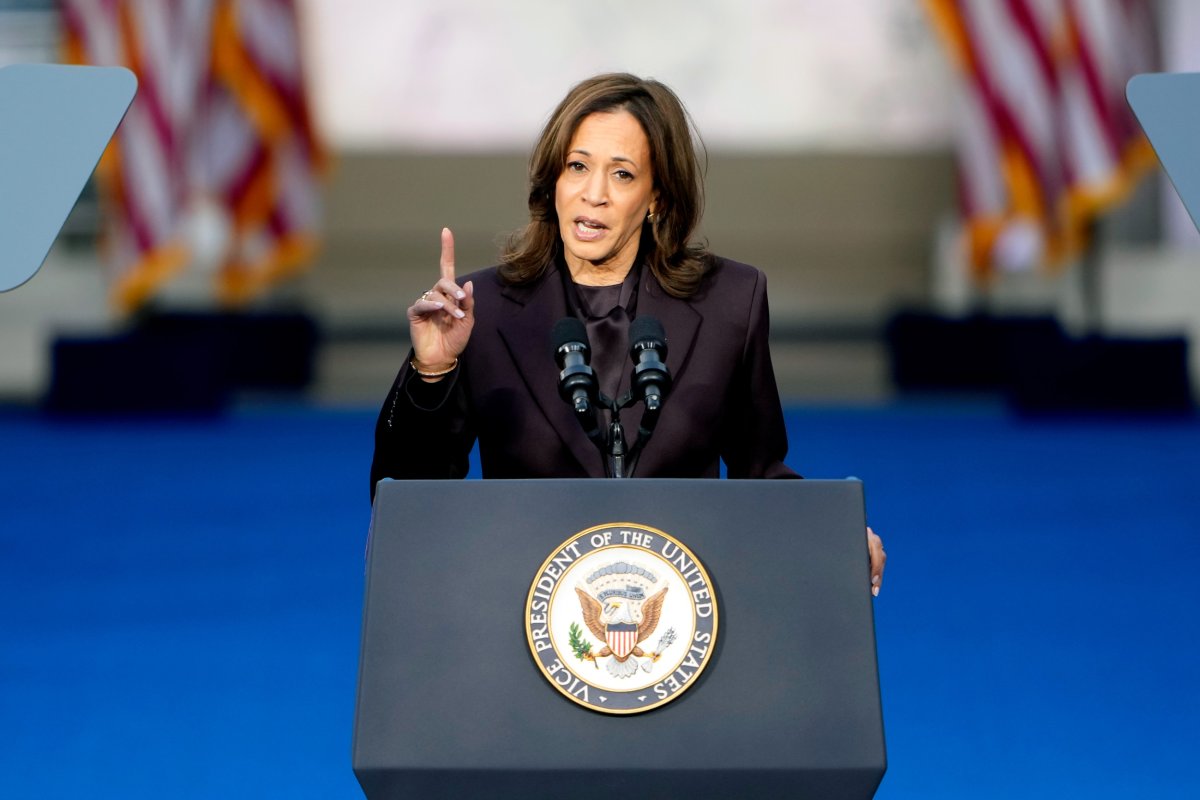Vice President Kamala Harris has conceded the 2024 presidential election, setting the stage for President-elect Donald Trump to start his second term as the 47th U.S. president in January.
Leading up to Tuesday, the 2024 race was touted to be one of the closest in United States history. As of Wednesday evening, Trump had flipped four states—Georgia, Michigan, Pennsylvania and Wisconsin—that were considered crucial in determining the next federal administration. All four were won by Biden in 2020, some by incredibly slim margins.
Trump also won North Carolina late Tuesday, another critical swing state he won in 2020 and 2016. As of Wednesday evening, votes are still being counted in Arizona and Nevada.
Some have speculated whether the final count of the 2024 presidential election could warrant a recount. In 2020, a handful of counties in swing states like Arizona, Pennsylvania and Wisconsin recounted their ballots following calls from the Trump campaign. Some states also have laws that enact an automatic if the margin between two candidates is close enough.

Harris Concedes Race in Emotional Speech
Harris called Trump on Wednesday and vowed to work alongside President Joe Biden to ensure a smooth transition of power. She also spoke to supporters at her alma mater, Howard University, in Washington, D.C., where she said she was "full of gratitude."
"I know many people feel like we're entering a dark time," Harris said. "But for the benefit of us all, I hope that's not the case."
"My heart is full today, full of gratitude," she added. "Hear me when I say the light of America's promise will always burn bright."
Several attendees were seen watching Harris speak with tearful eyes. Her running mate, Minnesota Governor Tim Walz, and her husband, second gentle Doug Emhoff, were also in attendance.
"We will never give up the fight for our democracy, the rule of law, of the rule of justice and the sacred idea that every one of us, no matter who we are or where we start out, have certain fundamental rights and freedoms that must be upheld," Harris said. "We will continue to wage this fight."
How Close Does the Presidential Election Have to Be for a Recount?
Laws regarding election recounts vary by state. For instance, in Wisconsin, which could see a recount of its Senate race, a candidate can demand a recount when the margin between two candidates is less than 1 percent of the total votes.
As of Wednesday, per the Associated Press, Harris was losing to Trump by 0.9 percent of votes cast in Wisconsin (49.7 percent to 48.8 percent). Around 95 percent of ballots have been counted so far.
If a candidate requests a recount and the margin is 0.25 percent of the votes or less, the state of Wisconsin will pay for the recount. If the margin is larger than that, the candidate who requests the recount has to pay.
A recount is automatically triggered in Arizona if the margin between two candidates is less than 0.5 percent of the total votes cast. Candidates or parties cannot request a recount.
Georgia law allows a candidate to request a recount within two days of an election result being certified if the margin is less than 0.5 percent of the overall vote. Election officials can also request a recount if they believe there was an issue with the results.
In Michigan, an automatic recount is issued if the margin between the two candidates is 2,000 votes or less. A candidate can also petition for a recount if they meet a handful of requirements under state law. A petition for a recount in Michigan must be filed within 48 hours after votes are counted.
In Nevada, a recount must be requested by a presidential elector, not a candidate, within 13 days after an election. The elector who makes the request must also deposit the estimated cost upfront.
North Carolina law allows candidates to request a recount if the margin is less than 0.5 percent of the overall vote or under 10,000 votes. The candidate must make the request by the second day after the county canvassing vote. According to ABC News, in 2024, that day would be Tuesday, November 19.
Pennsylvania law triggers an automatic recount if the margin between two candidates is under 0.5 percent. That recount must begin by the third Wednesday after Election Day and finish by none on the following Tuesday. In the 2024 race, a recount must start by November 20.




















 English (US) ·
English (US) ·